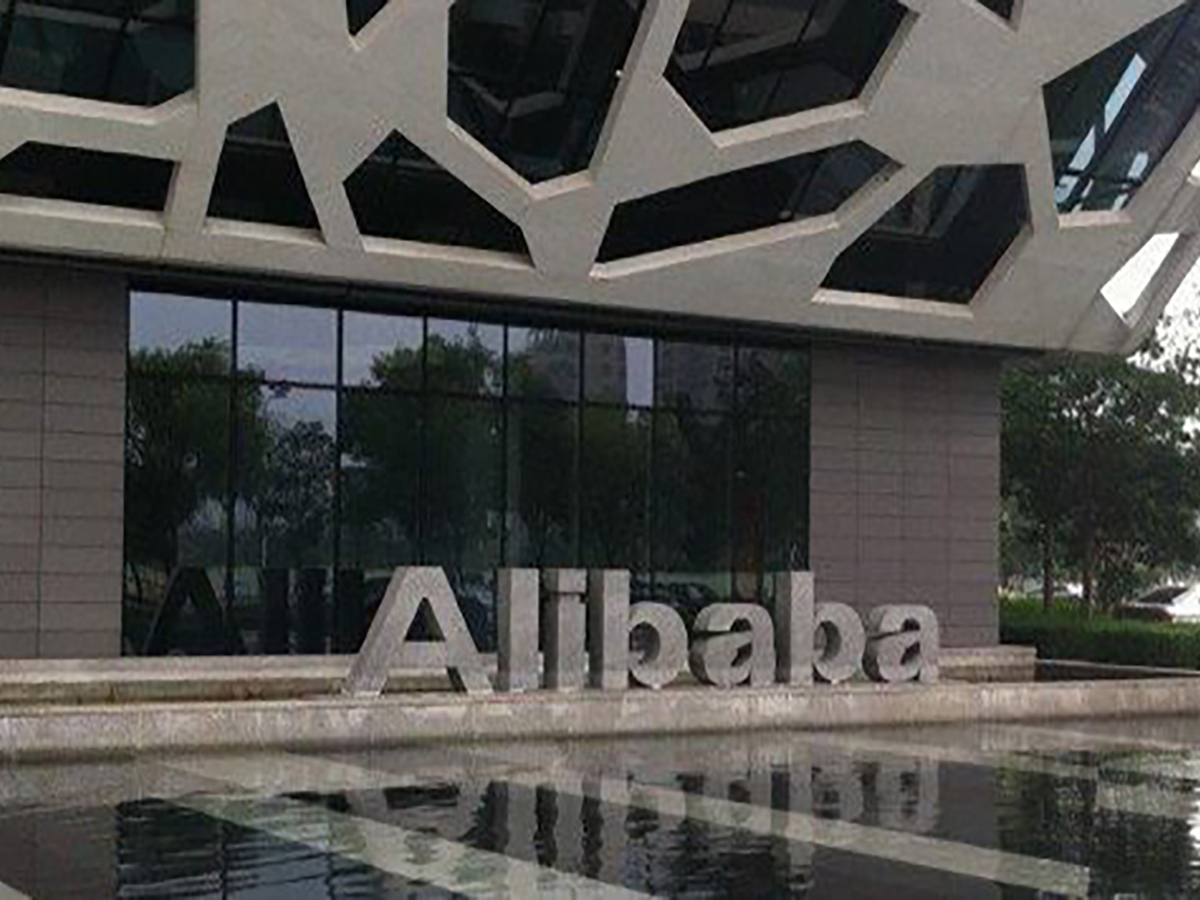To continue reading this article you must be a paid subscriber.
Subscribe to MDMAlready Subscribed? Click here to log-in | Forgot your password?
The global e-commerce platform's business model is built around the premise of making it easier for distributors and manufacturers to do business around the world, says John Caplan, president of North America B2B and chief growth officer, global B2B.
Subscribers should log-in to read this article.

Already Subscribed? Click here to log-in | Forgot your password?

Read the latest articles and see your reports.
The MDM update newsletter is your best source for news and trends in the wholesale distribution industry.
Wholesale distribution news and trends delivered right to your inbox.
Sign-up for our free newsletter and get:

Join other distribution executives who use MDM Premium to optimize their business. Our insights and analysis help you enter the right new markets, turbocharge your sales and marketing efforts, identify business partners that help you scale, and stay ahead of your competitors.
By providing your email, you agree to receive announcements from us and our partners for our newsletter, events, surveys, and partner resources per MDM Terms & Conditions. You can withdraw consent at any time.